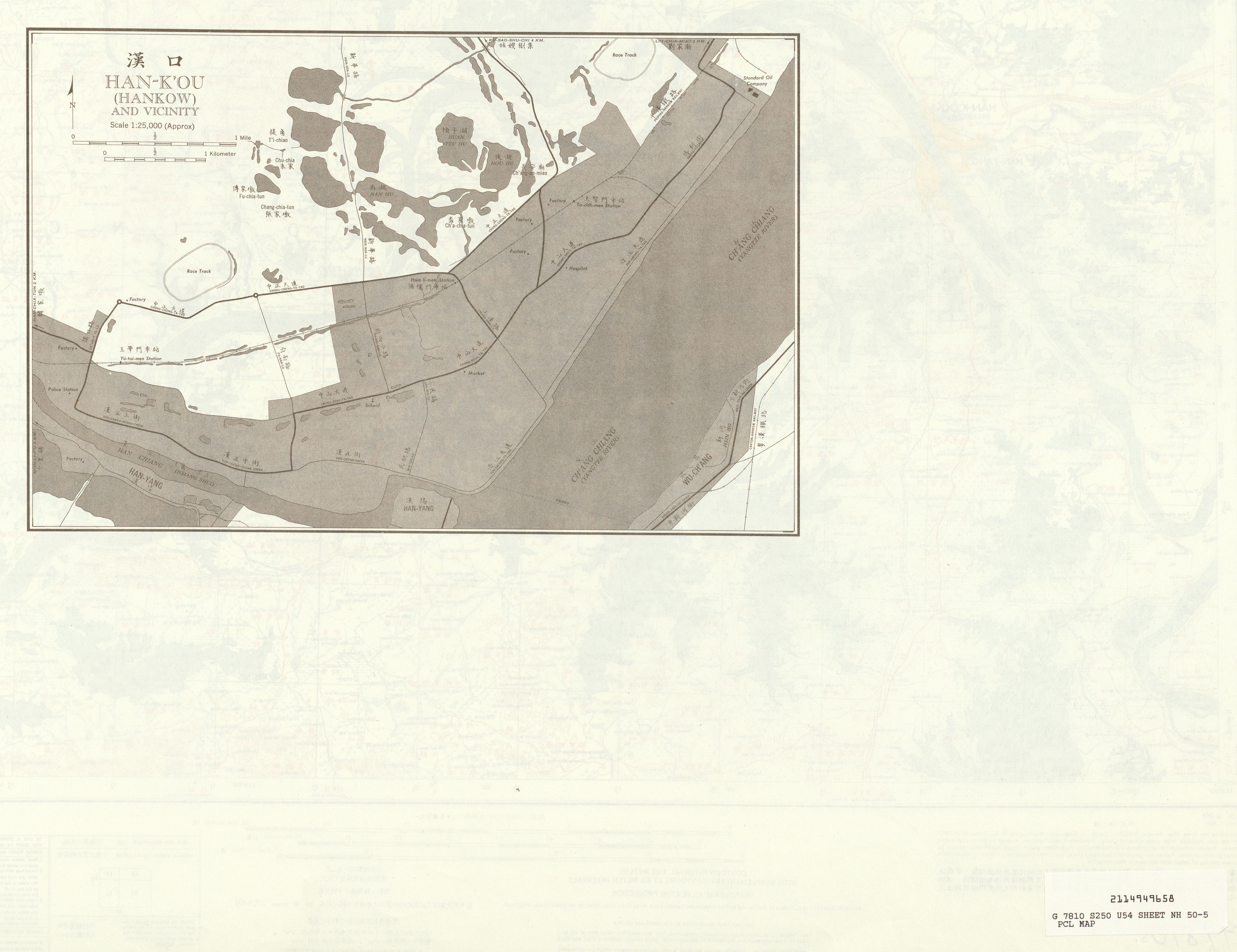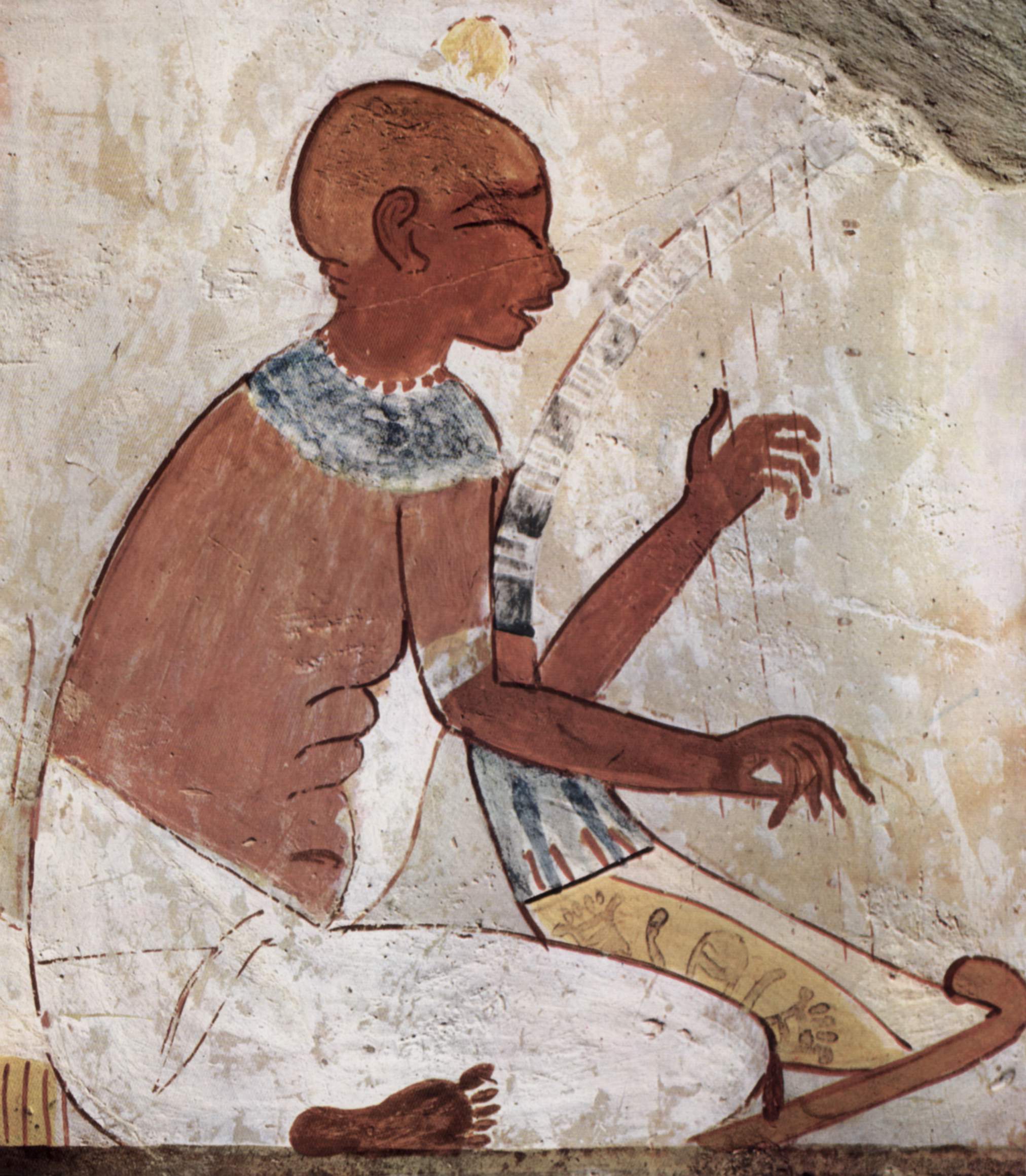|
David Hill Memorial School
The David Hill memorial school was a school for blind girls in Hankou, China. It was affiliated with the Wesleyan Church. The school was founded in 1883. It was looted in 1911 when Hankou fell to imperial troops."Hankow Laid in Ashes". ''Boston Evening Transcript The ''Boston Evening Transcript'' was a daily afternoon newspaper in Boston, Massachusetts, published from July 24, 1830, to April 30, 1941. Beginnings ''The Transcript'' was founded in 1830 by Henry Dutton and James Wentworth of the firm of D ..., 1//9/1911. References Schools for the blind Girls' schools in China {{PRChina-school-stub ... [...More Info...] [...Related Items...] OR: [Wikipedia] [Google] [Baidu] |
Hankou
Hankou, alternately romanized as Hankow (), was one of the three towns (the other two were Wuchang and Hanyang) merged to become modern-day Wuhan city, the capital of the Hubei province, China. It stands north of the Han and Yangtze Rivers where the Han flows into the Yangtze. Hankou is connected by bridges to its triplet sister towns Hanyang (between Han and Yangtze) and Wuchang (on the south side of the Yangtze). Hankou is the main port of Hubei province and the single largest port in the middle reaches of Yangtze. History The city's name literally means "Mouth of the Han", from its position at the confluence of the Han with the Yangtze River. The name appears in a Tang Dynasty poem by Liu Changqing. Other historical names for the city include Xiakou (), Miankou (), and Lukou (). Hankou, from the Ming to late Qing, was under the administration of the local government in Hanyang, although it was already one of the four major national markets ( :zh:四大名镇) in Ming dyna ... [...More Info...] [...Related Items...] OR: [Wikipedia] [Google] [Baidu] |
Wesleyan Church
The Wesleyan Church, also known as the Wesleyan Methodist Church and Wesleyan Holiness Church depending on the region, is a Methodist Christian denomination in the United States, Canada, the United Kingdom, South Africa, Namibia, Sierra Leone, Liberia, Indonesia, and Australia. The church is aligned with the Wesleyan-Holiness movement and has roots in the teachings of John Wesley. It adheres to Wesleyan-Arminian theology, Wesleyan-Arminian doctrine and is a member of the World Methodist Council. Near the end of 2014, the Wesleyan Church had grown to an average of 516,203 adherents weekly in around 5,800 churches worldwide, and was active in almost 100 nations. In 2017, there were 140,954 members in 1,607 congregations in North America, and an average worship attendance of 239,842. ''Wesleyan Life'' is the official publication. Global Partners is the official non-profit missions organization. The Wesleyan Church world headquarters are in Fishers, Indiana, United States. History ... [...More Info...] [...Related Items...] OR: [Wikipedia] [Google] [Baidu] |
Boston Evening Transcript
The ''Boston Evening Transcript'' was a daily afternoon newspaper in Boston, Massachusetts, published from July 24, 1830, to April 30, 1941. Beginnings ''The Transcript'' was founded in 1830 by Henry Dutton and James Wentworth of the firm of Dutton and Wentworth, which was, at that time, the official state printer of Massachusetts. and Lynde Walter who was also the first editor of the ''Transcript''. Dutton and Wentworth agreed to this as long as Walter would pay the expenses of the initial editions of the newspaper. In 1830 ''The Boston Evening Bulletin'', which had been a penny paper, ceased publication. Lynde Walter decided to use the opening provided to start a new evening penny paper in Boston. Walter approached Dutton and Wentworth with the proposal that he would edit the paper and that they would do the printing and circulation. ''The Transcript'' first appeared on July 24, 1830, however after three days Walter suspended publication of the paper until he could build u ... [...More Info...] [...Related Items...] OR: [Wikipedia] [Google] [Baidu] |
Schools For The Blind
The subject of blindness and education has included evolving approaches and public perceptions of how best to address the special needs of blind students. The practice of institutionalizing the blind in asylums has a history extending back over a thousand years, but it was not until the 18th century that authorities created schools for them where blind children, particularly those more privileged, were usually educated in such specialized settings. These institutions provided simple vocational and adaptive training, as well as grounding in academic subjects offered through alternative formats. Literature, for example, was being made available to blind students by way of embossed Roman letters. Ancient Egypt The Ancient Egyptians were the first civilisation to display an interest in the causes and cures for disabilities and during some periods blind people are recorded as representing a substantial portion of the poets and musicians in society. In the Middle Kingdom (-1640 BCE), ... [...More Info...] [...Related Items...] OR: [Wikipedia] [Google] [Baidu] |



